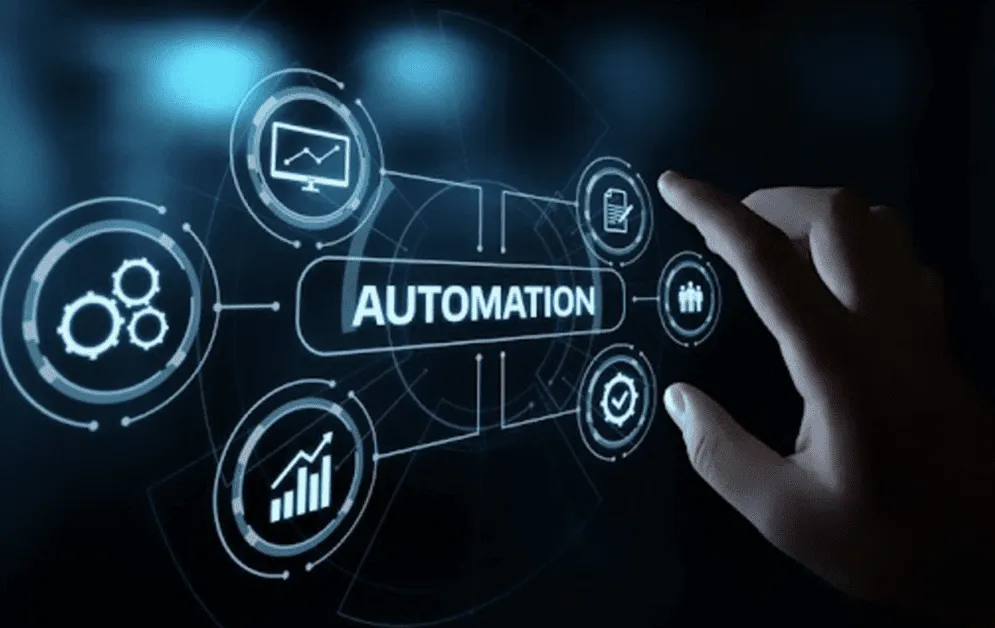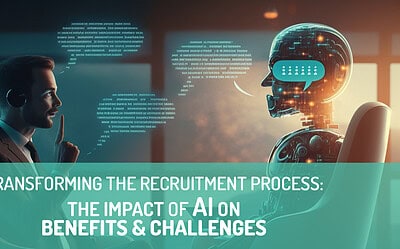The evolution of artificial intelligence (AI) has entered a new phase with the rise of autonomous AI—self-sufficient systems capable of making decisions and executing tasks with minimal human intervention. This transformation is reshaping industries, redefining business strategies, and unlocking unprecedented efficiencies. But what exactly does autonomous AI mean for businesses, and how can organizations harness its potential while mitigating associated risks?
Understanding Autonomous AI
Autonomous AI differs from traditional AI in its ability to operate independently. Unlike rule-based systems or machine learning models that require significant human oversight, autonomous AI can learn, adapt, and improve through continuous feedback loops. These systems leverage deep learning, reinforcement learning, and neural networks to make real-time decisions in complex environments.
Key characteristics of autonomous AI include:
- Self-learning capabilities – The ability to refine performance over time without explicit programming.
- Decision-making autonomy – The capacity to assess situations, predict outcomes, and take actions without requiring human intervention.
- Context awareness – The ability to analyze environments and adjust responses accordingly.
- Scalability – The flexibility to handle tasks across different domains with minimal modifications.
Applications of Autonomous AI in Business
Businesses across various sectors are integrating autonomous AI into their operations. Below are some of the most impactful applications:
1. Manufacturing and Supply Chain Optimization
Autonomous AI is transforming manufacturing processes through predictive maintenance, quality control, and robotics. AI-driven robots can operate machinery, optimize production lines, and detect defects in real time. Additionally, in supply chain management, AI algorithms analyze demand patterns, optimize inventory, and enhance logistics efficiency.
2. Customer Service and Chatbots
Customer service is increasingly leveraging AI-powered chatbots and virtual assistants. Unlike traditional scripted chatbots, autonomous AI models can engage in dynamic, natural conversations, resolve issues efficiently, and escalate complex queries to human agents when necessary.
3. Financial Services and Fraud Detection
The financial industry is deploying autonomous AI for fraud detection, algorithmic trading, and personalized financial advising. AI systems can detect fraudulent transactions in real-time by analyzing patterns and anomalies while minimizing false positives. Autonomous AI can also provide real-time investment recommendations based on market trends and historical data.
4. Healthcare and Drug Discovery
In healthcare, autonomous AI is improving diagnostics, treatment planning, and medical research. AI-powered imaging systems can detect diseases such as cancer with high accuracy, while AI-driven drug discovery accelerates the development of new pharmaceuticals by analyzing molecular compositions and predicting drug efficacy.
5. Autonomous Vehicles and Transportation
Self-driving cars and AI-driven fleet management systems are revolutionizing transportation. Autonomous vehicles rely on AI to navigate roads, avoid obstacles, and make split-second decisions, while logistics companies use AI to optimize delivery routes and enhance fleet efficiency.
6. Retail and Personalized Marketing
Retailers are adopting autonomous AI for personalized marketing, inventory management, and automated checkout systems. AI-driven recommendation engines analyze customer behavior to tailor marketing campaigns, while autonomous checkout systems streamline the shopping experience.
Benefits of Autonomous AI for Businesses
The adoption of autonomous AI offers numerous advantages, including:
- Increased efficiency – Automating repetitive and time-consuming tasks allows businesses to focus on higher-value activities.
- Cost savings – Reducing the need for manual labor and human oversight lowers operational costs.
- Enhanced decision-making – AI models process vast amounts of data to generate data-driven insights and predictions.
- Improved accuracy – AI minimizes human errors in processes such as financial analysis, medical diagnostics, and quality control.
- Scalability – AI-powered solutions can easily scale operations to meet demand fluctuations without requiring additional human resources.
Challenges and Risks of Autonomous AI
Despite its benefits, autonomous AI presents several challenges and risks:
1. Ethical and Bias Concerns
AI systems can inherit biases from training data, leading to unfair outcomes. Ensuring transparency and fairness in AI decision-making is crucial for ethical AI adoption.
2. Job Displacement
Automation may replace certain job functions, raising concerns about workforce displacement. Businesses must focus on reskilling employees to adapt to AI-driven roles.
3. Security Risks
Autonomous AI systems can be vulnerable to cyberattacks, data breaches, and adversarial manipulations. Strengthening cybersecurity measures is essential to mitigate risks.
4. Regulatory Compliance
Governments are increasingly introducing AI regulations to ensure responsible AI use. Businesses must navigate compliance requirements and ensure adherence to legal frameworks.
Preparing for an Autonomous AI Future
To successfully integrate autonomous AI, businesses should:
- Invest in AI literacy – Educate employees on AI applications, benefits, and ethical considerations.
- Adopt responsible AI strategies – Implement AI governance frameworks to ensure transparency, fairness, and accountability.
- Focus on human-AI collaboration – Leverage AI to augment human capabilities rather than replace them entirely.
- Stay agile and adaptable – Continuously evolve AI strategies to keep pace with technological advancements and market demands.
Conclusion
The rise of autonomous AI is revolutionizing businesses across industries, driving efficiency, innovation, and competitiveness. While challenges exist, organizations that embrace AI strategically and ethically will gain a significant edge in the evolving digital landscape. As AI continues to advance, businesses must proactively adapt to this new era to unlock its full potential while addressing risks responsibly.




